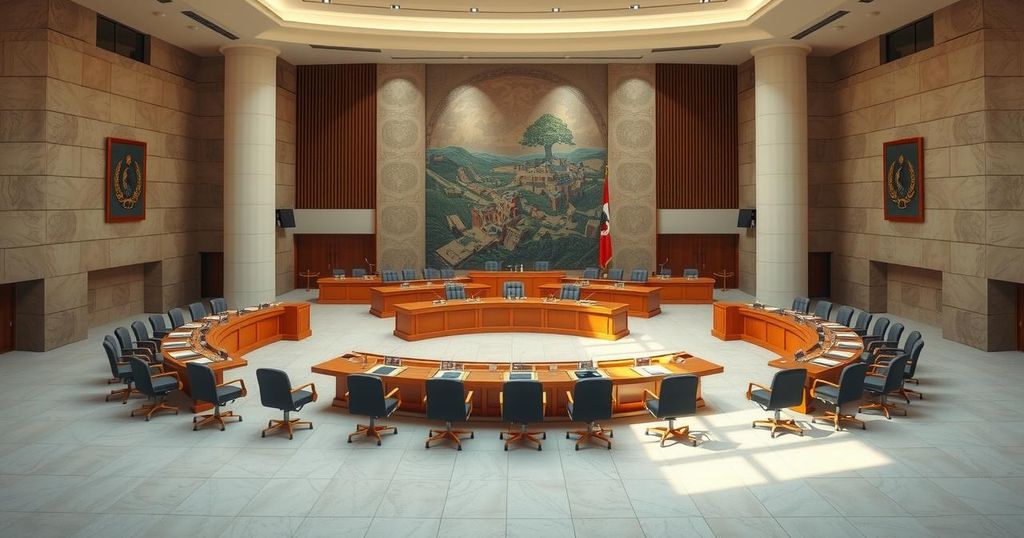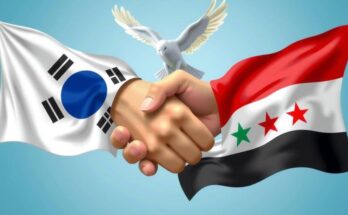Iraqi Prime Minister Mohammed Shia Al-Sudani announced the death of Daesh leader Abu Khadija in an operation with US-led forces. Libyan community efforts for Ramadan bazin highlight resilience. Druze clerics undertook a pilgrimage to Israel. Hamas proposed a prisoner release, met with Israeli skepticism. Sudan faces escalating violence from paramilitary shelling. The PKK discussed disbanding but cited security impossibilities amid ongoing Turkish military actions.
On Friday, Iraqi Prime Minister Mohammed Shia Al-Sudani confirmed that Abdullah Maki Musleh Al-Rifai, recognized as Abu Khadija and described as a major terrorist threat, has been killed. This operation was conducted by Iraqi security forces in coordination with the US-led coalition targeting Daesh in Iraq and Syria, marking a significant development in the fight against terrorism in the region.
In Libya, the residents of Tajoura have come together each Ramadan to prepare for iftar by making bazin, a beloved dish made primarily from barley flour. This year, despite ongoing challenges due to violence and resource scarcity, locals of all ages have actively participated in this communal effort, signifying their resilience and commitment to tradition.
A pilgrimage by Druze clerics crossed the armistice line from Syria to Israel, facilitated by Israeli military escort. This delegation is set to meet with the leader of Israel’s Druze community, reflecting a complex religious and political relationship. Despite some opposition from within Syria, the pilgrimage emphasizes ties between the Druze communities across regions.
Hamas has proposed the release of a living American-Israeli hostage and the bodies of four dual nationals as part of ongoing negotiations with Israel. Israeli officials, however, expressed skepticism about Hamas’s intentions, indicating there may be ulterior motives behind the announcement amid longstanding hostilities.
In Sudan, relentless shelling by the paramilitary Rapid Support Forces in El-Obeid has resulted in civilian casualties amid an ongoing conflict that has left the nation in turmoil. As the RSF continues its assaults, the local population bears the brunt of violence, highlighting the dire humanitarian situation as the conflict escalates.
The Kurdish PKK has stated it is currently “impossible” to gather securely to discuss its dissolution as urged by its founder Abdullah Ocalan. Discussions about a potential ceasefire or congress are ongoing but have been hindered by adverse conditions due to Turkish military operations against the group, emphasizing the challenges in resolving this long-standing issue.
This article summarized significant developments across various regions, including the death of a Daesh leader in Iraq, community initiatives in Libya during Ramadan, the Druze pilgrimage to Israel, negotiations involving Hamas and Israeli officials, ongoing violence in Sudan, and challenges facing the Kurdish PKK in seeking a resolution. Each of these narratives underscores the complex socio-political dynamics and humanitarian concerns influencing current events.
Original Source: www.arabnews.pk




